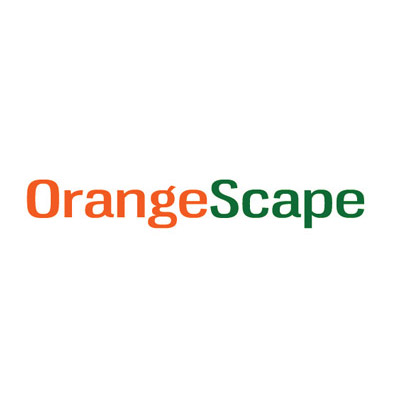 NEWS
NEWS
 NEWS
NEWS
 NEWS
NEWS
![]() OrangeScape is a platform-as-a-service, but unlike “general computing PaaSes” like Heroku or Google App Engine, OrangeScape Studio provides a point-and-click interface for building business apps, most comparable to Salesforce.com’s Force.com platform. Apps built with OrangeScape can be deployed automatically either on-premises using Eucalyptus or to Amazon Web Services, Google App Engine or Windows Azure.
OrangeScape is a platform-as-a-service, but unlike “general computing PaaSes” like Heroku or Google App Engine, OrangeScape Studio provides a point-and-click interface for building business apps, most comparable to Salesforce.com’s Force.com platform. Apps built with OrangeScape can be deployed automatically either on-premises using Eucalyptus or to Amazon Web Services, Google App Engine or Windows Azure.
While DevOps is typically focused on getting developers and operations on the same page, what about IT and business users? The enterprise’s bog of Lotus Notes or Microsoft Access databases and advanced Excel spreadsheets can eventually create IT headaches. IT doesn’t know how to support these apps once the person who creates them leaves, and development doesn’t have time to reinvent them from scratch.
![]()
OrangeScape was founded in 2003 by Suresh Sambandam, who had previously worked on rules engines at HP and Selectica. Sambandam wanted to expand the scope of what you could do with rules engines and bring concept to the masses, so when Accenture acquired the division of Selectica that he ran, Sambandam started his own company. OrangeScape started before the idea of cloud computing, let alone PaaS, had really taken off. Sambandam says he and his team ended up rewriting the whole project in Python just so it could run on Goolge App Engine.
There are a number of companies trying to solve the “Excel nightmare” problem, but OrangeScape’s multi-cloud PaaS approach is particularly intriguing. As IT looks to move other business applications to the Web, why not the “shadow IT” applications as well – and while they’re at it, why not help users adopt the same sort of best practices for deployment and lifecycle management that DevOps teams implement? OrangeScape and its partners offer a two week training to get power users who are already familiar with building database or spreadsheet applications up to speed building applications with Studio.
The obvious downside is that OrangeScape apps run only within OrangeScape – no source code is generated – and that limits their portability. Many enterprises have kept instances of Lotus Notes around for years after migrating to another messaging platform because Notes hosts indispensable business applications built outside of IT (or perhaps in some cases, built during the early days of a company IT department). But the truth is almost anything ends up looking legacy at some point. Forrester, in its The Forrester Wave: Platform-As-A-Service For App Dev And Delivery Professionals report also cautions that although the companies architecture and tooling are strong, it “falls short in scalability and performance management tools and support of the standards and interoperability mechanisms we selected.” However, this report was written based on the state of the product in 2010 and it may have since improved.
OrangeScape was originally focused on the Indian market but has expanded in scope to the global market, landing customers such as AstraZeneca, CitiGroup and Pfizer. Sambandam is in the process of moving the company to Silicon Valley. You can definitely be expecting to hear more from this company in the near future.
THANK YOU